This week I got the opportunity to interview Arcen Games’ lead programmer/designer Keith LaMothe and composer Pablo Vega about their upcoming title AI War II and its Kickstarter. We discuss the gameplay, comparisons between the game’s difficulties, the difference between the original and the sequel; along with Kickstarter stretch goals and how the relaunch will affect the end result of the game.
AI War II is the sequel to the award-winning AI War. It is a grand strategic RTS where the player must survive against an inhuman enemy who has conquered the galaxy. To survive, the player must steal as much technology as possible and take enough territory to be able to fortify bases and launch attacks.
The more territory you gain, the more you begin to get the attention of your enemy, the AI. You will have to choose carefully which territory you conquer and where you set up your bases.
Whether you are a newcomer to AI War or a seasoned veteran, there are difficulty settings to suit everyone. One thing is for certain, however — you are always going have the odds against you. This challenging game can be played both in single-player and co-op (up to 8 players).
Damien Smith: How big would a campaign be and how long would it take to complete one?
Keith LaMothe: The default number of planets will probably still be 80, as in Classic. The minimum size of 10 would stay the same, but the max of 120 might go up since it will be 64-bit this time around.
On the length, I’d expect the same normal range of 8 to 16 hours, with the usual outliers.
DS: When capturing territory, roughly how long will it be before the AI begin to pick up on your activity, and how would it go about tackling you?
KLM: It will set aside some portion of its resources for the “reconquest budget”, and keep an eye out for planets it has lost and has enough budget to retake. If you super-fortify your whole frontier that means it will probably take a long time to save up for big, single-point attacks. If you have a very loose frontier it will probably hit you back often and in multiple places.
And there’s still the behaviour from Classic that any AI ships you’ve antagonised but not killed will organise and try to hit you where they think they can win.
DS: Could you describe how the gameplay will differ between the difficulty settings?
KLM: At the lower difficulty levels the AI doesn’t use all the sneaky algorithms we made for it, is more likely to send attacks that don’t have a good chance, and in general is lazier about “playing well”.
The higher the difficulty, the more resources the AI diverts from other galaxies to deal with you.
The default difficulty level is the lowest one where the AI isn’t holding back at all on the algorithms. The levels above that are intended for people who want more challenge by virtue of having more stuff thrown at them. They can also add more challenge by choosing harder AI personalities, and various other options like the Avenger, if they’d prefer that to “an AI with Moar Ships”.
DS: The hardest difficulty you describe as being for the masochistic or the ultra hardcore RTS player. Would you need to be a strategic mastermind to win against the AI at this level?
KLM: As in classic, the main ingredients are audacity, stubbornness, and a total lack of shame about cheesy tactics. Add in an in-depth knowledge of the game, and you have a chance at the highest levels. Also as before, you’ll still usually die.
DS: For those who may not have played the previous game, could you talk a bit about the backstory of the game and the races? For example, where did the AI come from, who are the Spire and what caused the conflict between them and humanity?
KLM: I’m working on an update for the Kickstarter that will summarise the first game’s info on this and other questions.
DS: Would it be recommended to play the first AI War before the sequel?
KLM: If someone sees the first and is interested, they should play it. If they bounce off, wait for the sequel.
DS: The original Kickstarter funding goal was almost $300,000. How do you feel having to lower the funding goal will affect the overall end result of AI War II?
KLM: The main difference is that it’s my design instead of Chris’s, and I’m aiming a lot closer to how Classic did things. The other main impact is that there will be a lot more of Classic’s optional stuff that will still be “not adapted to the sequel yet” when the sequel hits 1.0.
DS: There are currently three stretch goals announced that range from $65,000 – $90,000. What other stretch goals might there be beyond that?
KLM: I’d guess the most likely candidate for slot #4 is bringing Solar Systems back into the design. Another possibility is Scenario Building Tools, building out from the tutorial scripting engine. There’s also tonnes of fun optional stuff from Classic like the Dark Spire, Roaming Neinzul Enclaves, Champions, the Exodian Blade, etc.
Each of those would be fun to re-implement with adaptations based on what we learned from years of feedback on them. The idea is to get to them all eventually, but when depends on when the funding comes in.
DS: I have always felt the music of a video game is one of the most important aspects that brings everything together. What kind of soundtrack can fans expect to see in AI War II?
Pablo Vega: I completely agree, and not just in video games but in all forms of media. Radio ads, commercials, TV shows and films are all given life by the music. The music helps tell the story, and that’s so important.
Starting with AI War: Fleet Command, and then with all of the AI War expansions, I have had a pretty simple goal: paint a picture of space. Now, that subject has been tackled a million times over in other space games and films, but I wanted to do something slightly different.
A lot of times space is depicted by ambient music and sound. It makes perfect sense as there is no actual sound in space. What I wanted to do, however, was to imagine that space was full of sound. Full of melodies, full of different musical flavours, full of colours.
As my wife, or Chris, or others will tell you, I have a hard time sitting in silence. I tend to fill awkward silences with lots of talking, singing, music… anything. In that same vein, it’s impossible for me to imagine a vacuum where no sound exists. Even if I went to space myself, my head would be exploding with sound and music. That music is what I wanted to make for the AI War series.
While that leaves the subject of the music for the games very open ended, it’s that freedom that has helped me be really creative with the soundtracks. For AI War II, in particular, I want to write music that sounds enormous. I want the players to close their eyes and feel as if they’re inside a never ending void.
I don’t want to confuse that with the music sounding far away, that’s not the case at all. I want the impact to be immediate, but to then let the music feel as if it’s travelling for miles on end. I’m really excited to score the game with this idea in mind!
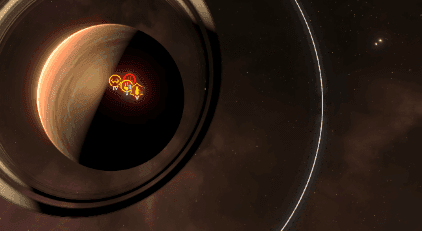
DS: You mention on the Kickstarter page that the game is designed to be moddable. What kind of mods would you love to see the community make?
KLM: I’d love to see better (more clever) implementations of various parts of the AI logic. I’d also like to see mods that background the war itself and just focus on single naval engagements and the details that just bog the player down in a strategic sim; things like limited firing arcs, ship turning radii, aiming for individual subsystems on large ships, limited-ammo weapons, ship power management, shots doing actual collision checking instead of only “have I reached my target yet?”.
Some of that would probably require some work on our end, but given the kind of back-and-forth on our forums in Classic that’s not a big barrier. I also greatly look forward to modders competing to see who can make the most glorious “this melted my 10-cpu, 4-gpu, 128 GB of RAM beast-machine into the ground!” battles. I know at least one player who won’t stop until that happens.
Another one would be something that has multiple huge factions fighting it out, and the player is just one actor on the board who can only really hope to influence who wins rather than dominating the galaxy themselves… and then some player pulls off total domination anyway. That’d be pretty cool.
AI War II is looking to becoming a wonderful title that takes a different approach to the RTS genre; just like the previous title did back in 2009. LaMothe is looking to bring back what players loved about the original title and expand on it as well. I wish Arcen Games the best of luck with the Kickstarter and look forward to hearing more about the title throughout development.
If you would like to find out more about AI War II you can check out the Kickstarter page. If you would like to take a look at the original title AI War: Fleet Command you can find it available on Steam. I would like to thank Keith LaMothe and Pablo Vega for taking the time to talk to me about AI War II.

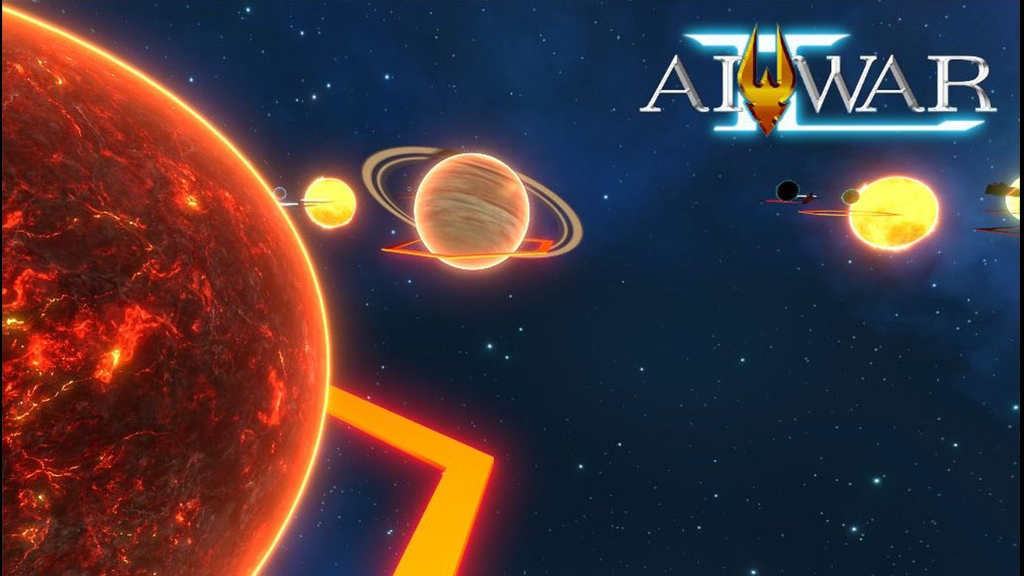
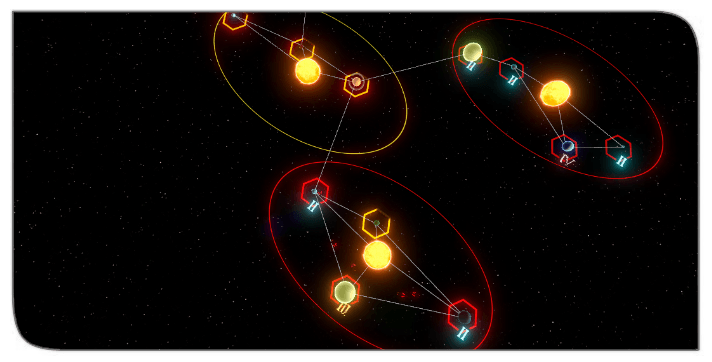
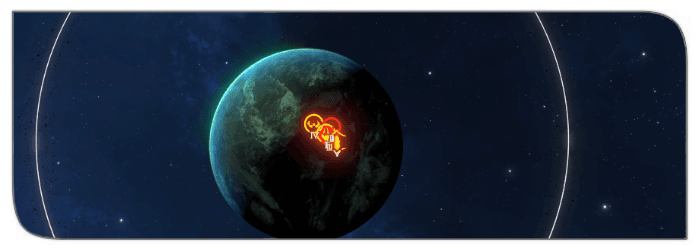
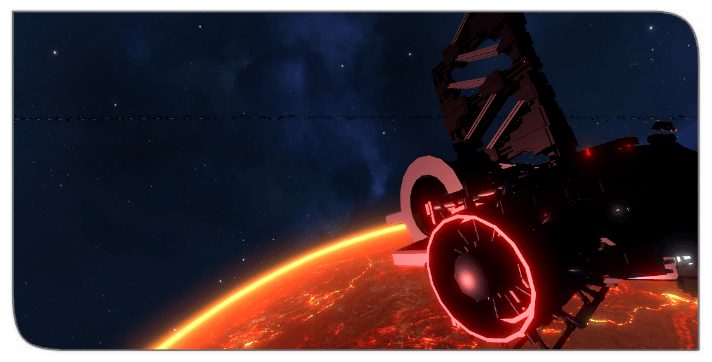
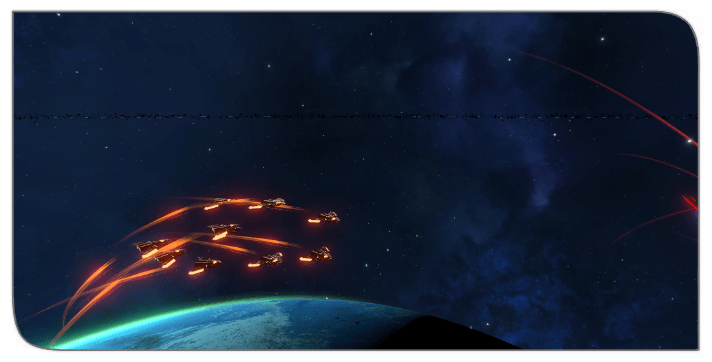
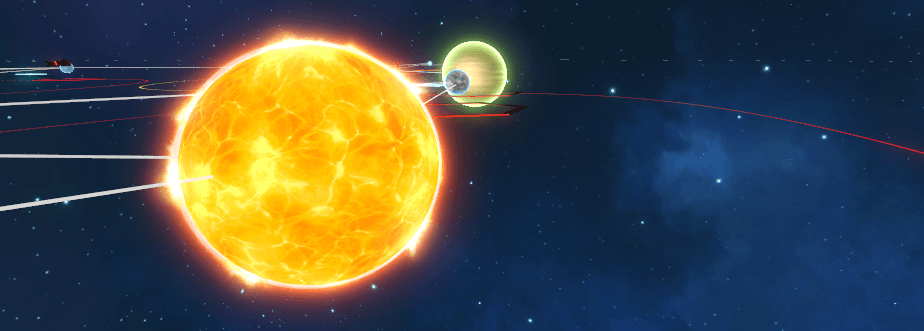
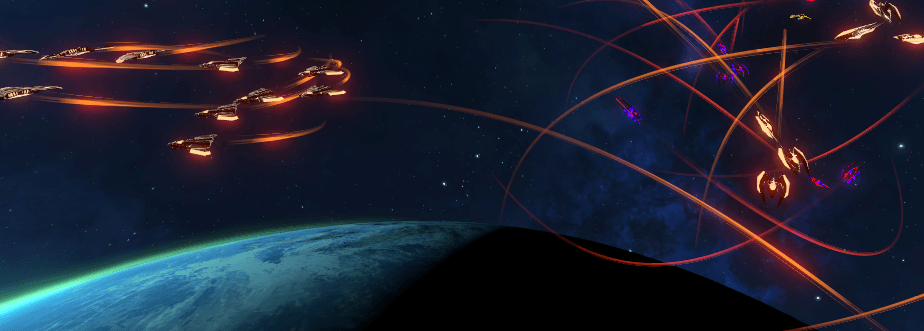
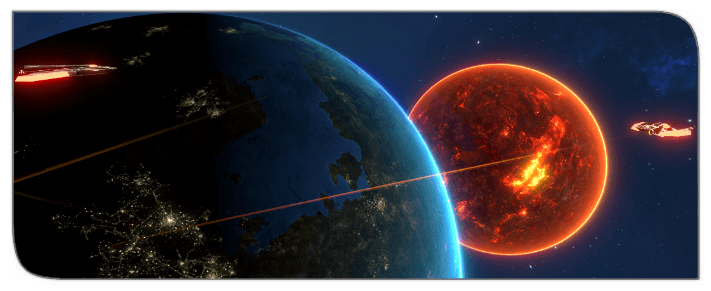
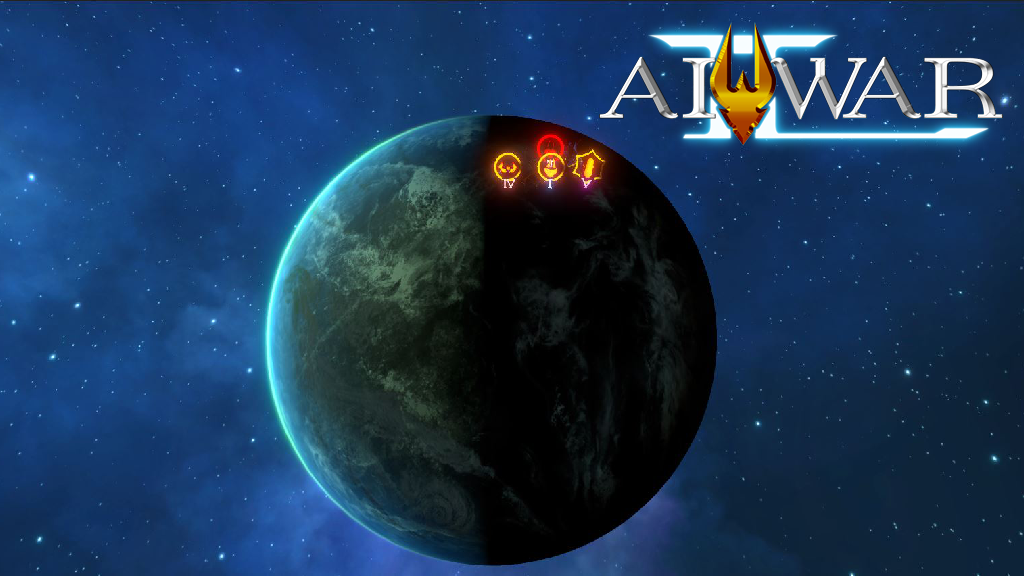





Published: Dec 1, 2016 09:48 am